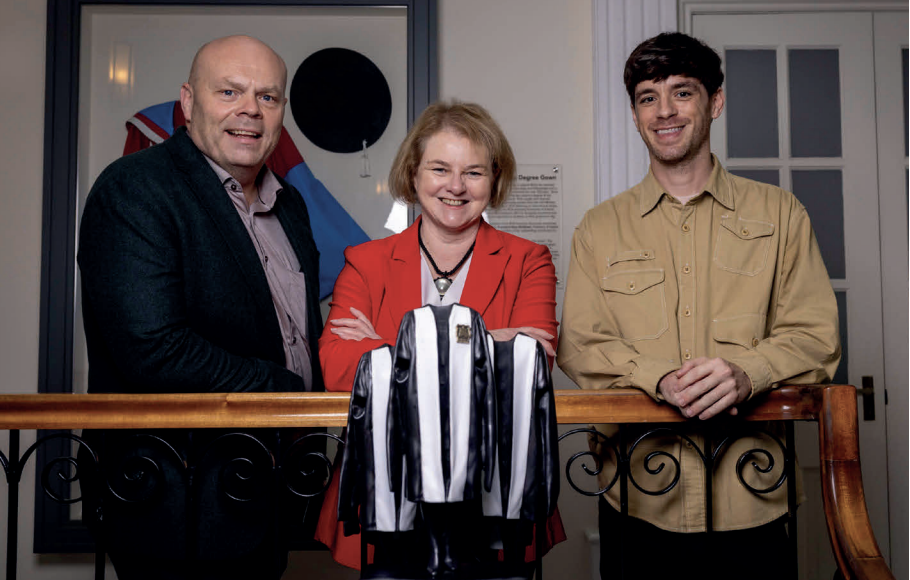The HSE, the Irish Kidney Association, and other organisations have welcomed the Human Tissue Act 2024 Part 2, which now provides a national legislative framework for organ donation and transplant services in Ireland for the first time. Similar legislation is already in place in the UK and in many other EU countries.
Consent is the cornerstone of this new act, under which all adults in Ireland will be considered to have agreed to be an organ donor when they die unless they have recorded a decision not to donate on the National Organ Donation Opt-Out Register or are in one of the excluded groups. This is commonly referred to as a soft opt-out organ donation system.
Family members will always be consulted before any action is taken and if they do not agree, then the donation will not proceed. Those who do not wish to donate their organs, for whatever reason and have recorded their objection on the new National Organ Donation Opt-Out Register, will have their wishes respected, and their family will not be approached on the issue of organ donation.
The act also provides a framework for living donation and will, for the first time, provide a way for people who wish to donate a kidney to someone they don’t personally know. This is known as non-directed altruistic donation. They are donating an organ for someone on a waiting list who needs it.
Chief Clinical Officer of the HSE Dr Colm Henry said the new system would align Ireland withinternational best practice. “Organ transplantation is one of the great advances in modern medicine,” he said.
“It offers a second chance at life to people with life-threatening illnesses or injuries to their vital organs. Every year, more than 200 people in Ireland have their lives improved or saved by the gift of organ donation. At any given time, approximately 600 people in Ireland are on waiting lists for organ transplants. I encourage you to have a conversation with your family or next-of-kin and let them know your wishes around organ donation.”
Dr Brian O’Brien, National Director, HSE Organ Donation Transplant Ireland, added: “Not everyone who dies is a potential organ donor. A donor needs to be in hospital and on a life-support machine. All organs donated go to people most in need of a transplant.
“Consent is at the heart of this change. When someone dies, their family must agree to donate their organs. It is important to inform your family and friends about your decision regarding organ donation, as they will always be consulted and your wishes should be central to any decision.
“The Act sets out who is considered a ‘designated family member’ and this is usually the family member who has been the main point of contact for clinicians in their treatment of the deceased. This is the person who has to provide consent to the organ donation. If no consent is received or no designated family member is found then the donation will not proceed.”
- The opt-out system will not apply to children under the age of 18 years old. Parents and guardians must give their consent to donate their child’s organs in instances where this is possible. There are some exceptions included in the act where deemed consent will not apply. These include:
- People who don’t normally live in Ireland or who have lived here for less than a year.
- People who may not have had the capacity to make a decision to opt-out of organ donation before they died.
- People whose family members cannot be contacted in time to confirm that they do not object to the donation of their loved one’s organs.










Leave a Reply
You must be logged in to post a comment.